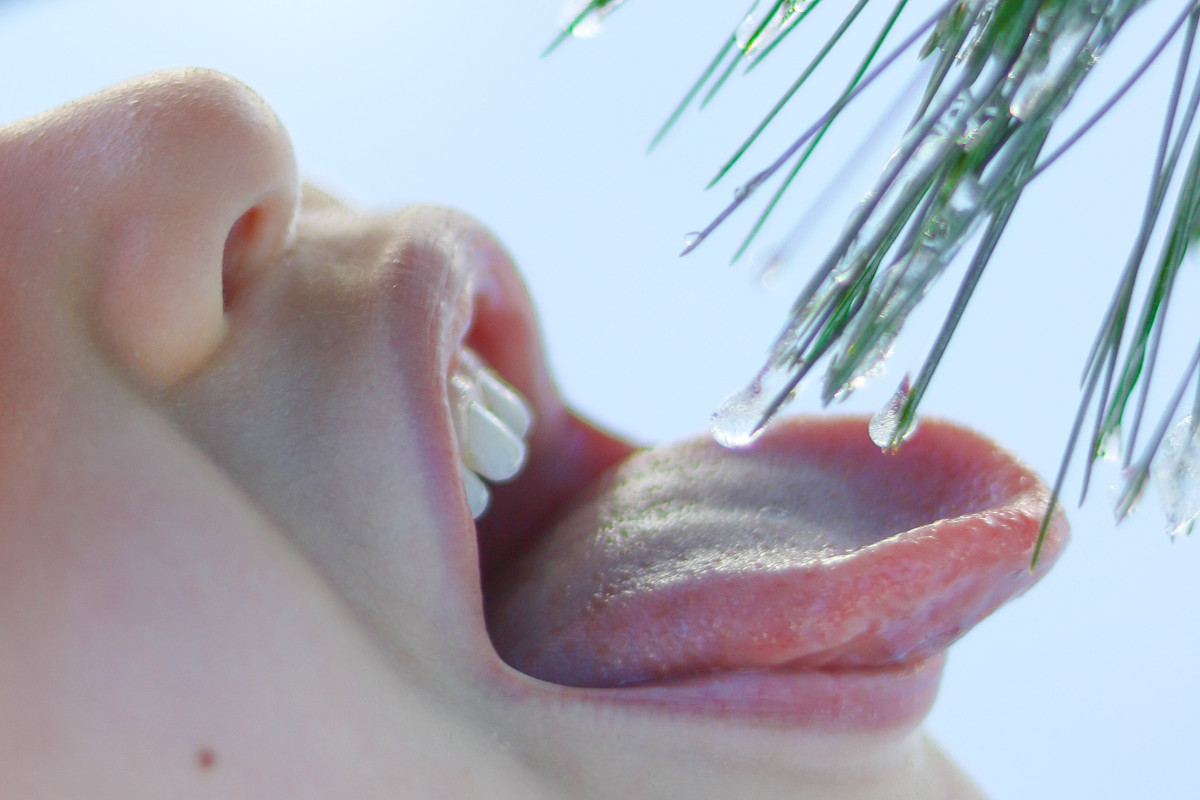Dry mouth, also known as Xerostomia (zeer-o-STOE-me-uh), occurs when salivary glands don’t make sufficient saliva to prevent the drying of the mouth.
When we eat food, it gets dissolved in our mouth with saliva, secreted by salivary glands present in our mouth. Saliva is a watery, frothy substance secreted by the saliva glands in the mouth. It performs some important functions to digest food keep our mouth feeling comfortable. Saliva also helps in the prevention of tooth decay, limits the growth of bacteria, washes away food particles, enhances our ability to taste and makes it smoother to chew food.
What Causes Xerostomia?
Xerostomia itself doesn’t often indicate an underlying medical problem – in many cases, it could be tied to outside factors. There can be a number of symptoms related to dry mouth, including frequent thirst, sores, or split skin at the corners of the mouth and cracked lips. For those who suffer from dry mouth they can also experience a dry feeling in the throat, a burning or tingling sensation on their tongue or elsewhere in their mouth, or problems speaking, chewing, swallowing, and even tasting, dry nasal passages, sore throat and bad breath.
There are many causes as to why people suffer from dry mouth including:
-
Dehydration - Saliva is primarily made up of water, so if you don’t consume enough water, your body may not have what it needs to produce adequate amounts of saliva. Caffeine can dehydrate the body and also dry out the mouth, so eliminating coffee, or at least cutting back to help keep your mouth properly salivated. Maintaining proper hydration throughout the day can help ensure your body is able to produce the amount of saliva needed to limit dry mouth.
-
Breathing Pattern - one of the quickest ways to dry out your mouth is to continually breathe through your mouth. If you are constantly bringing dry air into your mouth and throat, that air will rob you of hydration, thus drying out your mouth. If you can consciously try to breathe through your nose and out through your mouth, you are far less likely to experience dry mouth. This is incredibly common when we sleep at night.
In addition feeling anxious can reduce the flow of saliva, so for those who manage their stress and anxiety with medication, this wouldn’t be helping. -
Medication - The most likely types of drugs that can lead to dry mouth include those used to treat anxiety, depression, high blood pressure as well as certain antihistamines, decongestants, muscle relaxers and pain remedies.
-
Alcohol & Smoking - Alcohol dehydrates the body faster than almost any other substance, so if you regularly suffer from dry mouth, limit your alcohol intake.
Smoking generally causes dry mouth, so the best way to eliminate the problem is to cease smoking. When you quit smoking, it not only eliminates your dry mouth, but also many other health risks that smoking incurs. -
Cancer Treatments - For those undergoing chemotherapy treatments for cancer, a temporary lack of production by the salivary glands can lead to dry mouth. Carrying water with you regularly can be especially helpful to alleviate dry mouth symptoms.
-
Underlying Health Conditions – Some health conditions associated with dry mouth are Alzheimer’s, Diabetes, HIV or a condition called Siogren’s syndrome (an autoimmune condition that dries out the mouth and eyes). Other medical problems tied to dry mouth include, sinus congestion or allergies, anaemia, cystic fibrosis, rheumatoid arthritis, stroke and yeast infections (thrush).
How to Reduce your Dry Mouth
Having a dry mouth is rarely a serious issue. Sometimes it’s a sign you’re just a bit dehydrated, and drinking water can relief the discomfort. Dry mouth can be very uncomfortable, but there are some natural remedies that can provide relief.
Below are some simple tips to help you reduce the discomfort:
-
A simple thing like rubbing your tongue against your cheek will stimulate saliva flow
-
If you find your dry mouth is happening during the night make sure you are not mouth breathing during the night
-
Reduce intake of caffeine and alcohol
-
Quit smoking and breathe through your nose
-
Drink extra water and stay hydrated
-
Lemon juice aids in stimulating the production of saliva. Add a slice of lemon on your tongue, mix lemon juice with honey, or simply suck on a lemon slice. The citric acid found in lemons and lemon juice can quickly stimulate the production of saliva which helps to eliminate your dry mouth
-
Cayenne pepper helps to stimulate process of salivation. Take a bit of cayenne powder and rub it on your tongue or gums. Your mouth will be flooded with saliva almost immediately
-
Grapeseed oil helps to eliminate symptoms. Rub a small amount of grapeseed oil on your gums and on your tongue
-
Aloe vera is a good remedy for enhancing saliva production.
Please Note: If you think your medication is causing dry mouth, please consult a health professional before you adjust your current medication, as treating the underlying condition will be more effective than these remedies.
Contact me if you are suffering from this condition, and would like a personalised plan to treat it.



